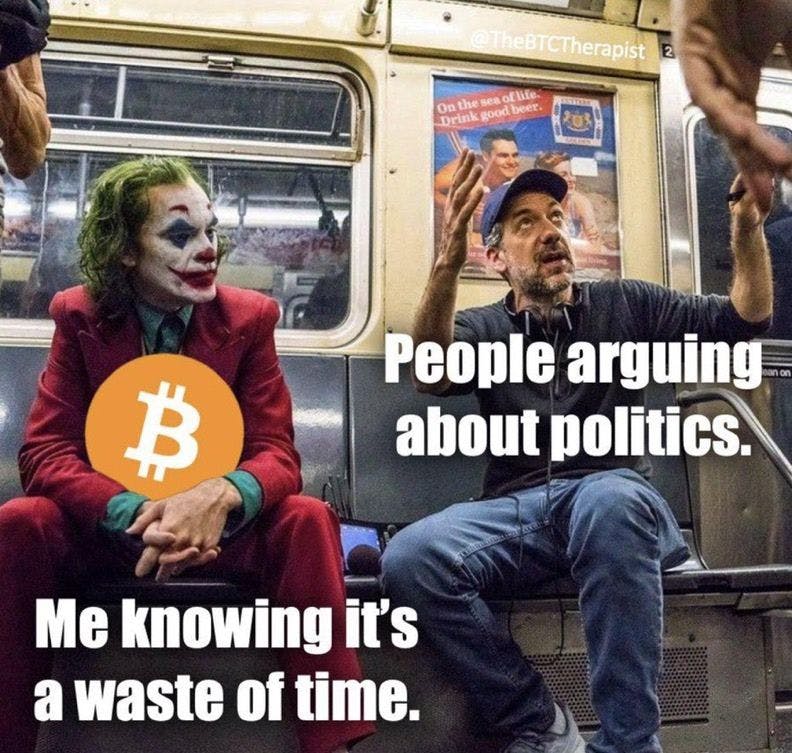In 2008, an enigmatic figure named Satoshi Nakamoto bestowed upon the world a gift that would go on to redefine the very fabric of human organization. Bitcoin, born in the crucible of the global financial crisis, was not merely a digital currency. It was a radical re-imagining of how power could be equitably distributed, a selfless offering that would empower humanity to break free from the chains of centralized control.
At the heart of Nakamoto's gift lies a deceptively simple yet profoundly transformative mechanism: proof-of-work. Far from being just a means to mint new coins, proof-of-work is a universal emancipation engine. It allows any individual, regardless of status, wealth, or geographical location, to prove their stake in shaping collective realities through the objective, incorruptible expenditure of computational effort.
This is not about enriching a select few. Nakamoto, whose identity remains unknown, could have kept their creation private, amassing untold wealth. Instead, they chose to freely release Bitcoin's code, disappearing without ever converting their early-mined coins. This selfless act speaks volumes: Bitcoin was never intended as another tool for financial exploitation but as an open-source blueprint for humanity's liberation from entrenched power structures.
We've said it before, we're saying it again: Crypto is here to stay. But today, as Bitcoin's influence reaches from the halls of Washington D.C. to the shores of the South Pacific, we must emphasize a deeper truth. Proof-of-work isn't just ensuring crypto's permanence; it's rewriting humanity's relationship with power itself.
Consider the recent seismic shift in American politics. In a matter of weeks, Bitcoin has transformed from a fringe topic to a central issue in the 2024 presidential race. Why? Because proof-of-work has now permeated the very logic of political power.
When Donald Trump declares, "If you support crypto, vote for Trump," he's not just courting a demographic. He's acknowledging that by choosing to self-custody Bitcoin, millions of Americans have already been engaging in a form of political proof-of-work. Each satoshi held represents computational effort expended to validate a new form of sovereignty, one that transcends the traditional banking system's gatekeeping.
The Trump Campaign's decision to accept cryptocurrency donations and build a 'Crypto Army' is a tacit recognition that Bitcoin holders have proven their stake in a new economic order through years of sustained proof-of-work. Their accumulated satoshis serve as quantifiable tokens of their commitment to financial self-determination.
Even the Biden administration, initially hostile to Bitcoin, is re-calibrating. Why? Because they see the undeniable proof-of-work. With 17% of U.S. adults holding crypto, the sheer computational energy invested by citizens in securing this alternate system has become too massive to ignore or suppress. The bipartisan support for bills like SAB-121 and FIT21 reflects Washington's dawning realization: the people have already voted with their hash power.
But if proof-of-work as political power is making waves in America, its potential for total societal transformation can also be realized on a tiny island nation thousands of miles away.
I have been told that I am ahead of my time. Yes! I do concur. Yes! I am a Futurist. Yes! It is my job to plant these seeds, even though I know they might not come to fruition during my time here. But they will in the future. Which is exactly why I published my
In this model, every Tongan citizen becomes a "governance miner." Just as Bitcoin miners dedicate computational power to validate financial transactions without bank intermediaries, Tongan citizens dedicate effort to propose, validate, and enact local policies without political intermediaries. The more you participate in shaping your community's future, the more "govTokens" you earn.
These aren't mere points in a game. Like Bitcoin itself, these govTokens represent irrefutable proof-of-work - in this case, proof of your direct participatory engagement in the democratic process.
Furthermore, just as Bitcoin's proof-of-work ensures the longest chain represents the true state of transactions, Tonga's governance chains ensure that enacted policies truly reflect the community's will. Any minority or external attacker would need to outpace the entire populace's combined hash power to subvert the chain - making corruption computationally impractical.
Far from being a tool for enslavement, proof-of-work empowers anyone, anywhere to prove their stake in shaping collective realities through objective, incorruptible computational effort. It transforms abstract concepts like 'rights' and 'sovereignty' into quantifiable, cryptographically secure assets that can never be revoked or inflated away. In doing so, it redistributes power from centralized authorities back to the individuals and communities most intimately affected by its exercise.
In gifting this technology to the world, Nakamoto provided more than a new financial instrument. They offered a selfless, open-source blueprint for reclaiming our destinies from centralized enslavement. One hash at a time, one block at a time, Bitcoin's proof-of-work is giving every human being the tools to quantifiably validate their stake in shaping our shared future.
That's not just staying power. That's emancipatory power. That's the power to reforge the social contract itself.

